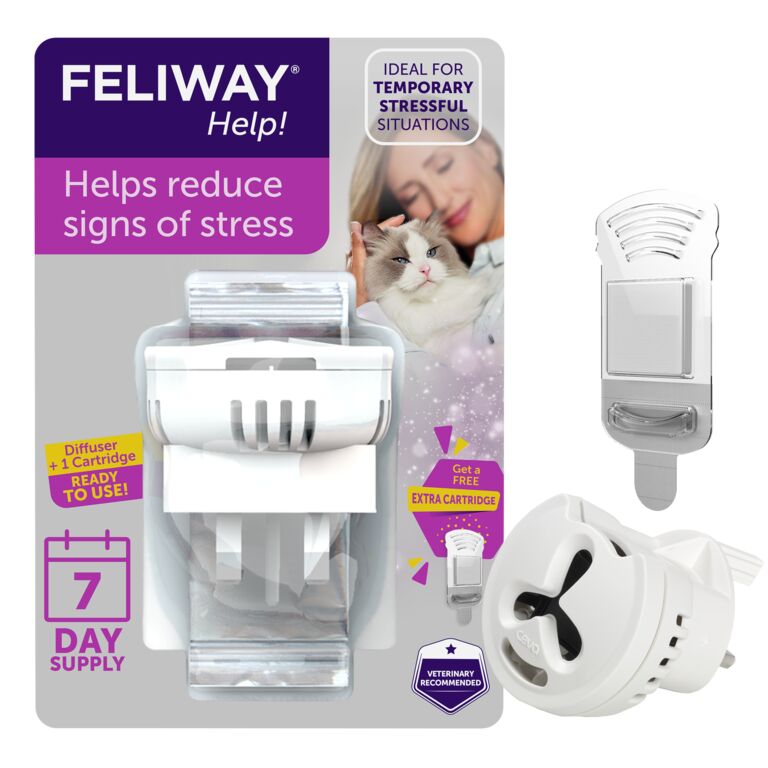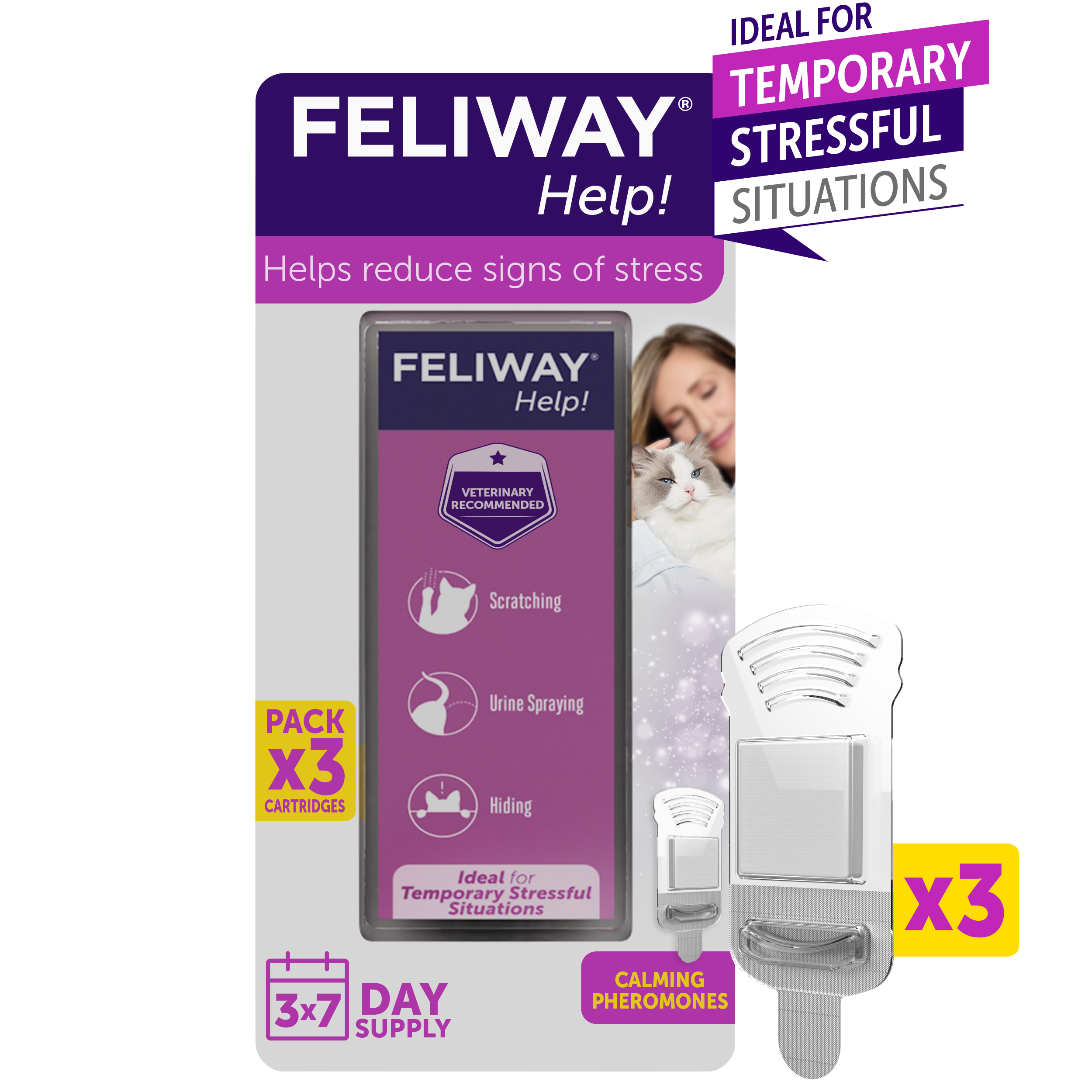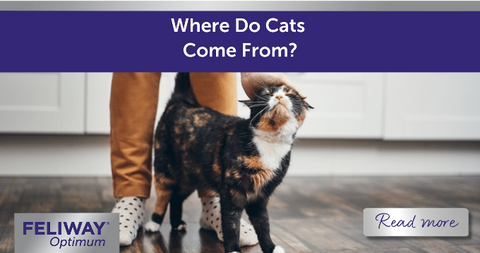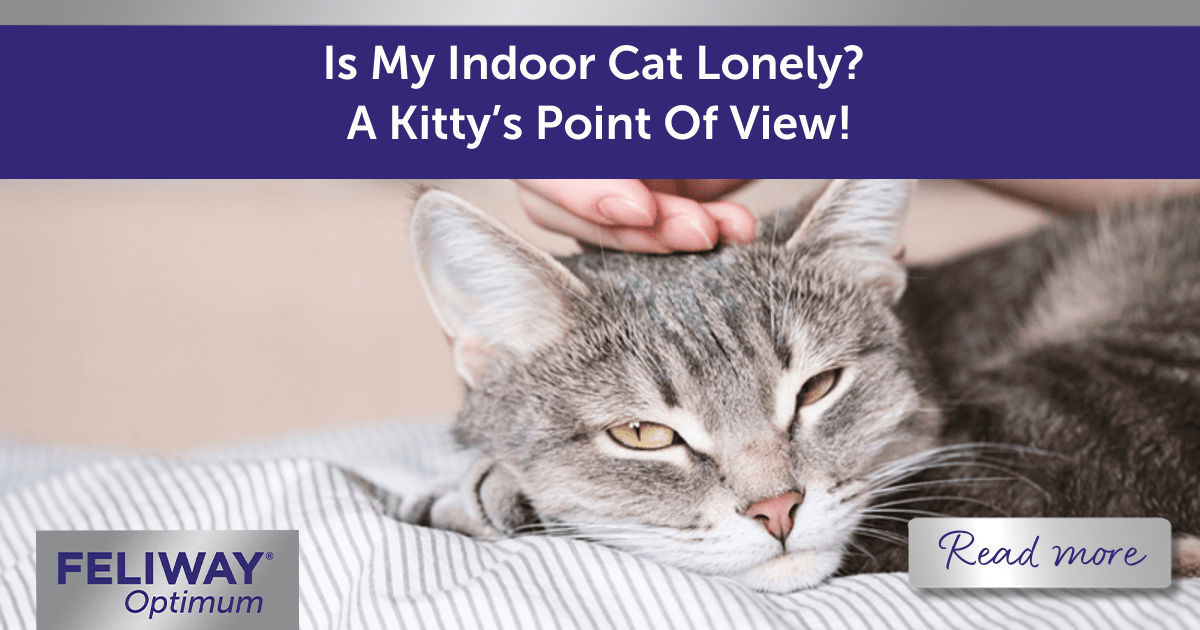
Is My Indoor Cat Lonely? A Kitty’s Point Of View!
Hey, fur-parents! It’s your feline friend here. Every now and then I’ve heard you wondering, “Do cats get lonely?” and “Can cats get depressed?”. Well, as the whiskered expert on the subject, I’m here to shed some light (and maybe a few hairs) on the subject!
Do Cats Get Lonely?
Cats like me are often painted as mysterious, self-reliant creatures. Many of you believe we just strut around doing our own thing without much care in the world. And sure, you may be right – but only to an extent! Many of us cats, particularly those of us who live indoors, actually form deep bonds with our humans. I love spending my afternoons lounging in the sun, but when my human isn’t home to keep me company, it can all start to get a little lonely.
Some clever humans did a study that found 64% of my fellow feline friends felt less stress when their humans were around. They even went so far as to say our attachment style is a lot like that between dogs and humans! I’m not sure how I feel being compared to a smelly old pooch but maybe those humans are onto something. We may not be as overtly social as our canine counterparts, but I do like my routines. And when those routines get disturbed, or I’m left on my own for longer than usual, I start to find it quite challenging. So, the answer’s yes: us cats can get depressed, frustrated, and lonely!
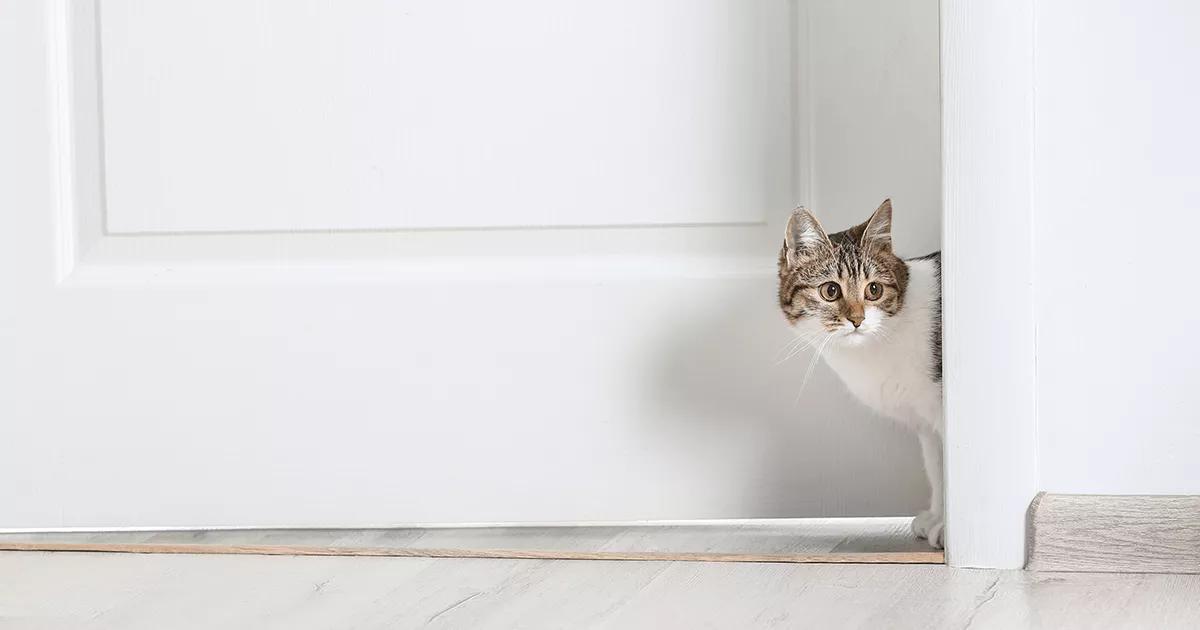
Signs of Loneliness & Depression in Cats
Have you ever wondered to yourself, “How do I know if my cat is depressed?” or “Does my cat have separation anxiety?” Well, there are signs you can spot! If I’m feeling down, you might notice changes in my behaviour, such as:
- Clinginess
- A shift in eating habits
- Excessive grooming (sometimes even leading to more hairballs)
- Lethargy or decreased interest in play
- Vocalisation changes, like more meows than purrs
- Sleeping more than usual, especially in hidden spots
- Occasionally, I might even urinate on your bed as a way to signal distress
These could all be signs of cat depression or cat separation anxiety. If you see any sudden or extreme changes in how I behave, it’s always best to contact the vet. There might be an underlying medical reason for the change that I don’t know how to communicate to you!
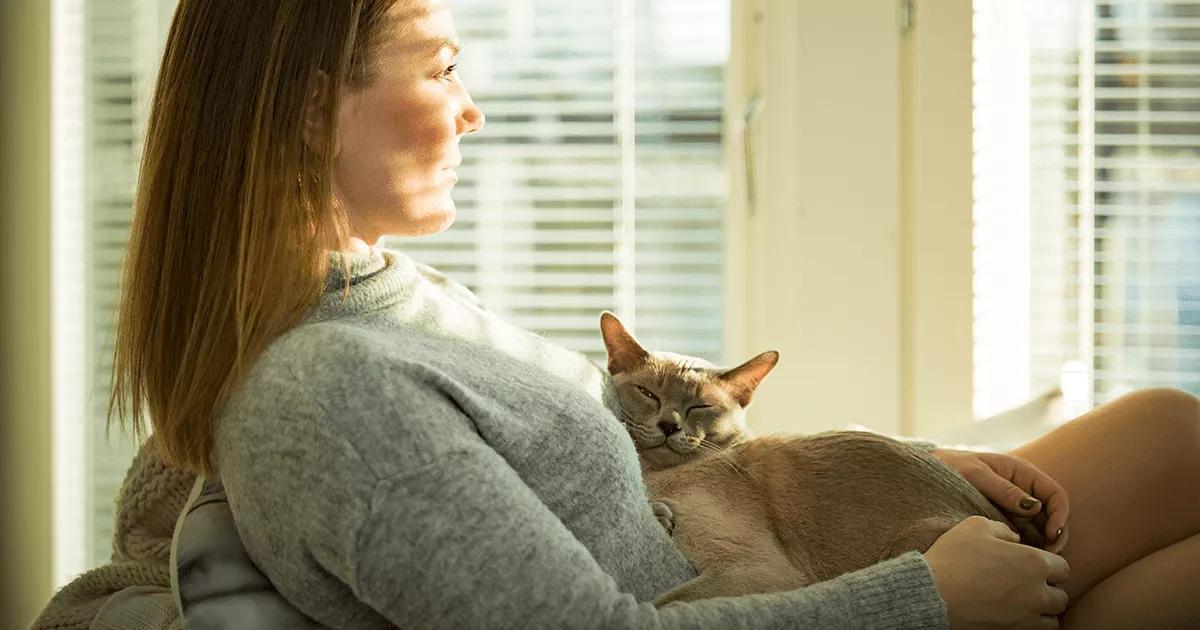
Now, for the curious ones who’ve wondered, “What does my cat do when I’m not home?” – a sneaky camera can be your best buddy. Not only will you get to peek into our secret feline world, but you can also check if a specific time is tough for us indoor cats.
Keeping Your Cat Happy While You’re Away
Let’s talk solutions! If you notice any signs your cat is depressed, lonely, or has cat separation anxiety, there’s a number of ways you can keep us preoccupied:
- Toys? We love toys! Leave us cat-safe toys to play with, like balls or puzzle feeders
- Give me opportunity to scratch and climb
- Maybe some birdwatching through the window? Birdfeeders are good for this. Just remember that it can sometimes be frustrating if I can’t chase them
- Music or background noise can be comforting. Some cats like me enjoy watching movement on TV or hearing human voices on the radio
- Make sure I have a cosy spot to nap for I sure do love my beauty sleep. What can I say? I’m a cat!
Remember, if you’re going to be away for longer than 24 hours, some human interaction is vital. Cat sitters are perfect for keeping us entertained, our litter boxes clean, and our bowls full.
And have you ever heard of FELIWAY? FELIWAY Optimum and FELIWAY Classic are fantastic products that can make us feel more secure while you’re gone. It’s kind of like having an invisible comfort blanket! My human is great at remembering to leave my FELIWAY Optimum or Classic plugged in when they know they’re not going to be around.
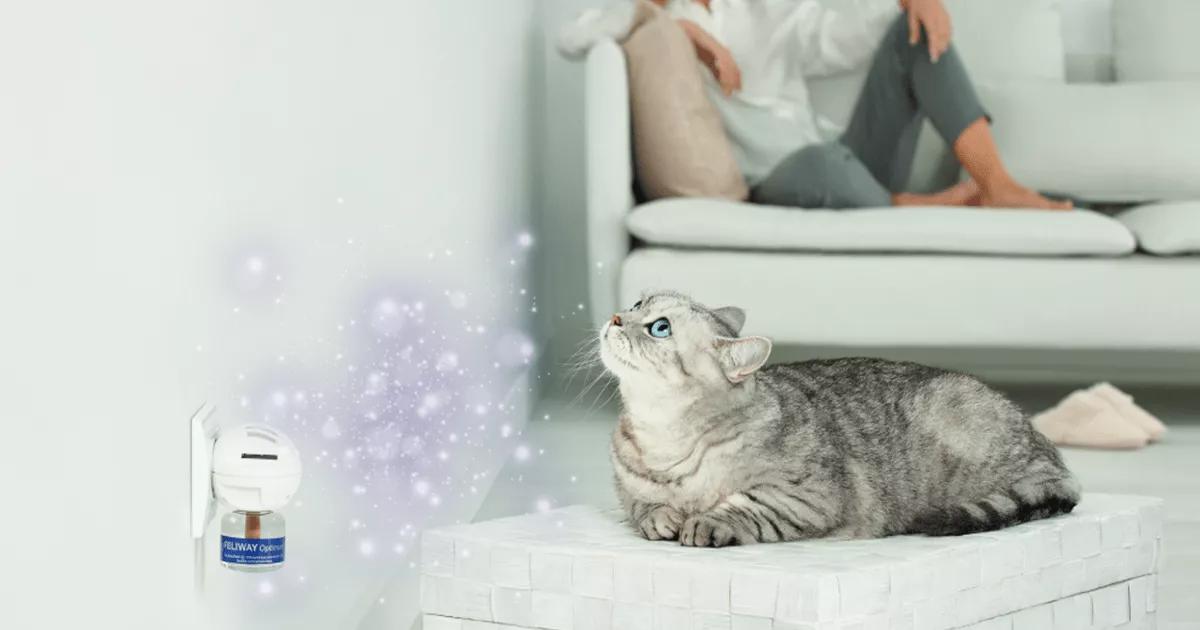
Do Indoor Cats Need Feline Companions?
Considering another cat to keep me company? Well, it might work, but not all cats are keen on sharing their kingdom and could find the experience stressful. It’s important to remember that adopting another cat isn’t a suitable substitute for your love and attention. If you do decide to expand your feline family, make sure introductions are gradual to allow everyone time to adapt.
Coming Home To Your Kitty
After you’re back from your day, make sure to spend some quality time with us. After all, we missed you! Whether it’s grooming, playing, or just lounging, incorporating regular bonding moments into our routine can make all the difference. And if there are going to be changes in our home-alone schedule, help us adapt gradually.
At the end of the day, being an indoor cat has its perks, but it also has its challenges. Next time you find yourself wondering, “Is my cat depressed or lonely?”, remember that we’re a lot like humans: we all have our emotions, needs, and differences! But with a little understanding and love, you can ensure we’re purring contentedly whether you’re home or not.
Right, see you later. I’m off for another snooze!
Are you interested in hearing more tips to help your cat with their anxiety or loneliness? Or want to know more about getting the most out of FELIWAY Optimum? We’d love to hear from you and share all the advice we can! You can also stay informed with all our latest tips and product advice by signing up to our newsletter.













